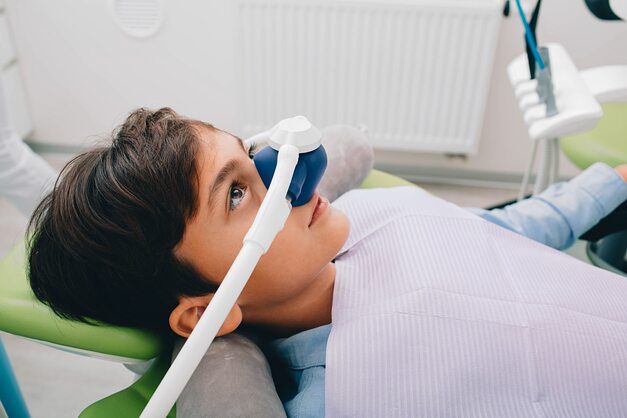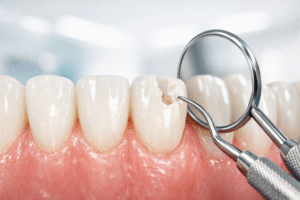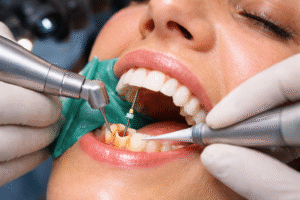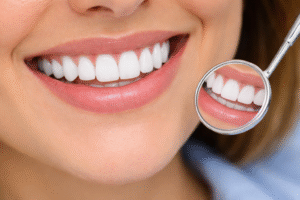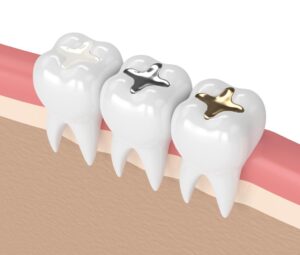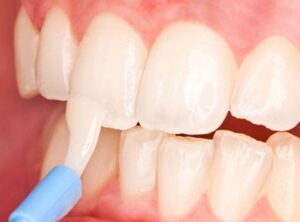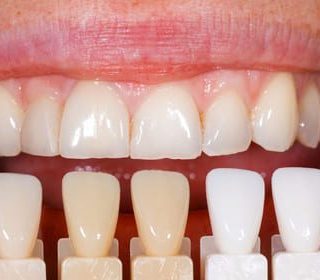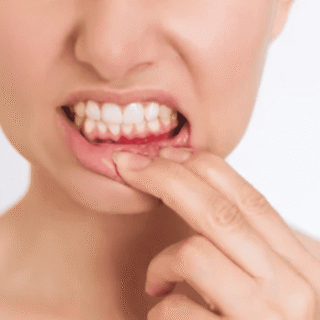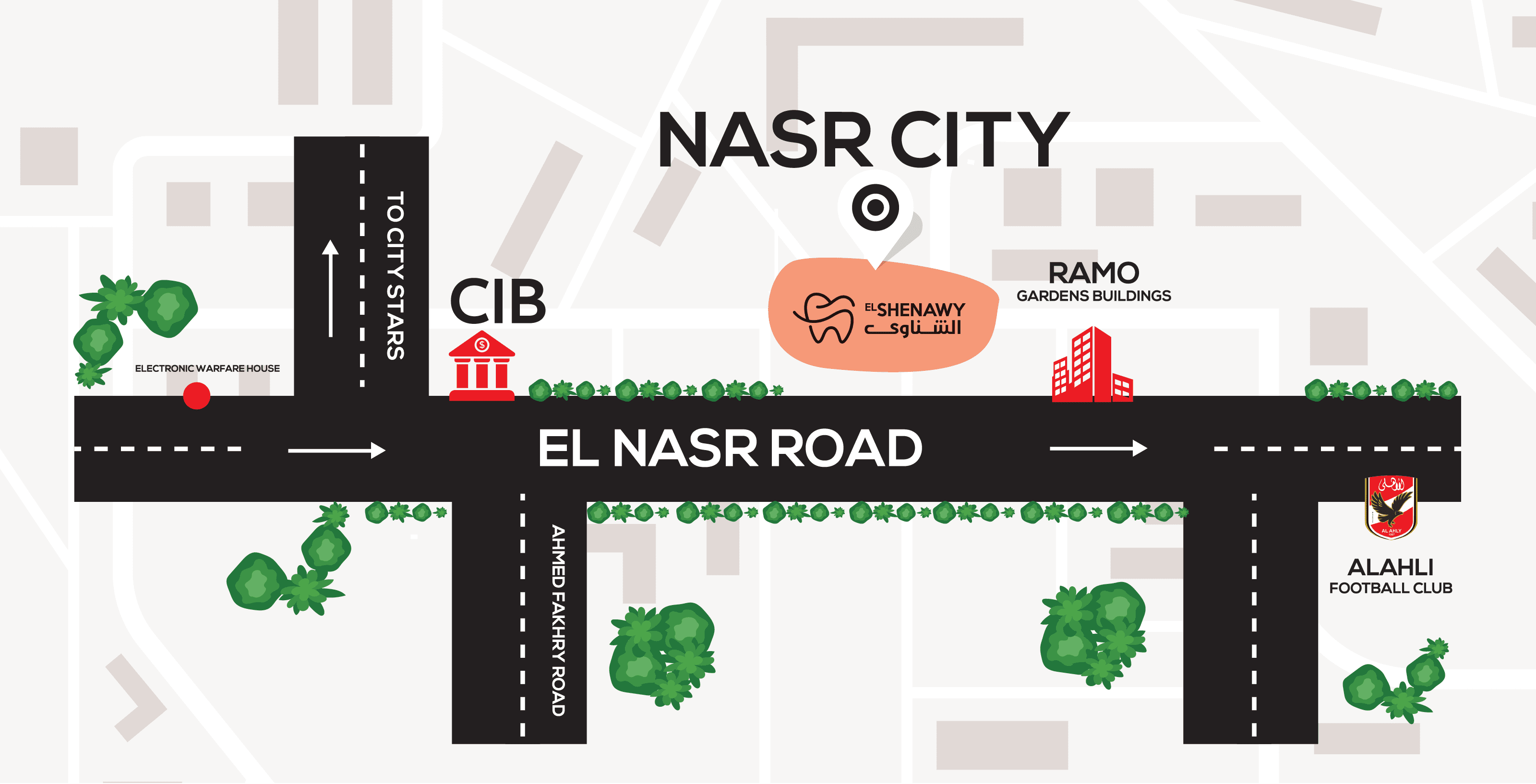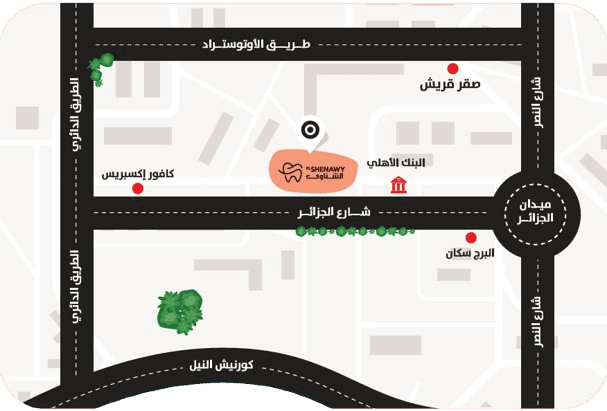Many people avoid visiting the dentist due to dental anxiety or a deep fear of dental procedures. However, sedation for dental treatment offers an ideal solution to overcome these fears. By helping you enter a deeply relaxed state, sedation ensures that you remain comfortable and pain-free throughout the process, transforming what was once a scary experience into one that’s calm and manageable.
What Does Dental Sedation Mean?
Dental sedation is a technique used to help patients feel at ease, relaxed, and comfortable while undergoing dental procedures. It’s often called “conscious sedation” or “twilight sleep” because you remain awake but enter a deeply relaxed state and might temporarily forget the procedure (amnesia). This lets you have dental work done without pain or discomfort, without needing general anesthesia.
Unlike general anesthesia, which puts you completely to sleep, dental sedation keeps you conscious and able to communicate with your dentist. You’ll feel much more at ease throughout the procedure.
Which Dental Treatments Require Dental Sedation?
Sedation for dental treatment can be used alongside a variety of treatments to ensure you remain comfortable and relaxed. These include:
- Dental implants
- Tooth extractions
- Fillings
- Crowns and veneers
- Root canal treatment
Find out more about dental implants price at el-shenawy dental clinic
Importance of Sedation for Tooth Extraction
- Pain control: While the area is numbbed with local anesthesia, sedation keeps you calm and avoids any pain or anxiety, making the process easier to bear
- Anxiety Relief: For individuals who have dental phobia or overwhelming fear of dental intervention, sedation relaxes the nerves, making the process less stressful.
- Increased Comfort: By keeping patients calm throughout the process, sedation relieves them of the anxiety that comes with the sounds, feelings, and sensations that are frequently connected to extractions.
- Faster Recovery: Patients often recover more quickly after the procedure because sedation reduces both emotional and physical stress.
Different Types of Sedation for Dental Treatment
Dental sedation is available in various forms, tailored to your specific needs, such as anxiety levels, procedure length, and personal preferences. The most common types include:
- Nitrous Oxide (laughing gas)
Inhaled through a mask, it produces relaxing effects in minutes. The dentist gives you the dose, and once the procedure is over, pure oxygen flushes it out of your system so you can drive home afterwards.
- Oral Conscious Sedation
Taken in pill or liquid dose an hour before the procedure, this sedation makes you feel relaxed and sleepy. You may be able to talk to your dentist, but you’re likely to fall asleep.
- Intravenous (IV) Sedation
Given straight into your bloodstream through an IV, this allows for deeper sedation, so you may feel relaxed or even asleep with little memory of the procedure. It’s a great option for people with severe dental phobia or those who need lengthy procedures.
Benefits of Sedation Dentistry
Sedation for dental treatment provides numerous benefits, especially for patients who experience anxiety or fear during dental procedures.
Key advantages include:
- Reduced Fear and Anxiety: Sedation helps patients stay calm and relaxed, making dental appointments less stressful and more comfortable.
- Streamlined Procedures: A relaxed patient allows for the dentist to work at a faster pace, thus reducing the risk of multiple appointments.
- Enhanced Comfort: Sedation eliminates discomfort for sensitive gag reflex patients or extremely anxious patients, leading to an improved experience.
Am I a good candidate for dental sedation?
Sedation dentistry can be helpful for people of all ages, even kids. You may be an excellent candidate if you:
- Get nervous or scared about going to the dentist.
- Have a highly sensitive gag reflex or tooth sensitivity
- Fear needles (aichmophobia)
- Decreased sensitivity to local anesthesia or difficulty controlling movements
- Have special needs, including physical, intellectual, or behavioral challenges
Sedation can make dental treatments more comfortable and less stressful for patients who experience these challenges, helping them receive the care they need without fear or discomfort.
How safe is oral sedation dentistry?
When given by a qualified professional, oral sedation dentistry is considered safe. To keep you safe throughout the procedure, your dentist will closely monitor your vital signs, including oxygen levels and heart rate. Since the sedation is usually mild, you can stay conscious and talk to your dentist if needed. To guarantee the ideal level of sedation, dentists also administer medication in controlled dosages that can be changed based on your reaction. In order to prevent any negative reactions, your dentist will also review your medical history, allergies, and current medications before recommending oral sedation. After the procedure, people often feel a bit sleepy and relaxed, but these effects usually aren’t severe.
Preparing for sedation: what you need to know
- Do not eat or drink anything for a minimum of 6 hours before the procedure (water is okay up to 2 hours before IV sedation).
- Arrange for a companion to take you home after sedation.
- Inform your dentist if you’re taking blood thinners as they may advise you to stop them a few days before.
- Continue taking regular medications unless you’re instructed otherwise by your dentist.
- Share your medical history, medications, and concerns during your initial consultation so that you receive the most suitable form of sedation.
Post-sedation care tips
- Rest and Relax: Spend some time to adequately recover from sedation. Don’t exert much effort.
- Eat Light: Start eating soft foods that are easy to eat once sedation begins to wear off. Hot or spicy food should be avoided shortly after your procedure.
- Follow Medication Instructions: Take pain medication or antibiotics as instructed by your dentist.
- Monitor for Side Effects: Drowsiness, mild dizziness, or nausea are common side effects, but they should pass within a few hours. If not, contact your dentist.
- Avoid Driving: You may still feel drowsy or disoriented, so do not drive or operate heavy machinery for the rest of the day.
- Schedule Follow-Up: If necessary, your dentist will schedule a follow-up appointment to check on your recovery and ensure healing is progressing.
Dental sedation vs dental anesthesia cost
The cost of dental anesthesia and dental sedation can be greatly influenced by the type of sedation used and the complexity of the dental procedure. Since dental sedation uses milder sedatives to help patients relax during treatment, it is typically less expensive.
Dental anesthesia price, on the other hand, especially local anesthesia or more advanced options like intravenous (IV) sedation or general anesthesia tends to be more expensive due to the need for additional monitoring, medications, and sometimes specialized personnel, such as an anesthesiologist. Other factors such as the length of the procedure, the type of sedation or anesthesia required, and the location of the dental practice can all impact the final cost.
In many cases, dental sedation is less costly than general anesthesia but can still vary based on your specific needs .Always speak with your dentist in advance to learn about the cost breakdown and then pick the option that works best for you.
El-Shenawy Clinics: dedicated to your dental care
At El-Shenawy Clinics, we are committed to providing exceptional dental care with a personal touch.Our knowledgeable staff of experts, who possess extensive experience in the field, is committed to ensuring every patient gets the best care possible in a friendly and welcoming setting. We are pleased to provide easily accessible, excellent care wherever you are with our five branches throughout Cairo. Since each patient is different, we customize our services to fit your specific requirements. From routine dental examinations to aesthetic enhancements or more complex procedures, we guarantee that each visit is handled with skill and care tailored just for you.
Conclusion
In conclusion, sedation for dental treatment provides a useful option for people who experience anxiety or discomfort during dental procedures, guaranteeing that you stay calm and comfortable during the entire procedure.
Since comfort and safety are important to us at El-Shenawy Dental Clinics, we provide a variety of sedation options that are customized to fit your particular requirements. We create a customized strategy to help you get over any dental anxiety, ensuring a stress-free and easy experience while getting the excellent care you deserve.
Contact El-Shenawy Dental Clinics today to schedule your consultation!
Frequently asked questions
- How long does oral sedation last?
Oral sedation usually lasts between two and eight hours depending on the drug and the procedure.
- What are the potential risks of sedation?
Sedation dentistry is generally safe, but potential risks include drowsiness, dry mouth, nausea, headaches, and bruising from IV sedation. Generally, these side effects are quite minor and don’t last very long.
- Is dental sedation safe for pregnant women?
Dental sedation is usually not advised during pregnancy, particularly during the first trimester, unless absolutely essential. Before proceeding to any sedation during pregnancy, it is always best to consult your doctor and dentist.



